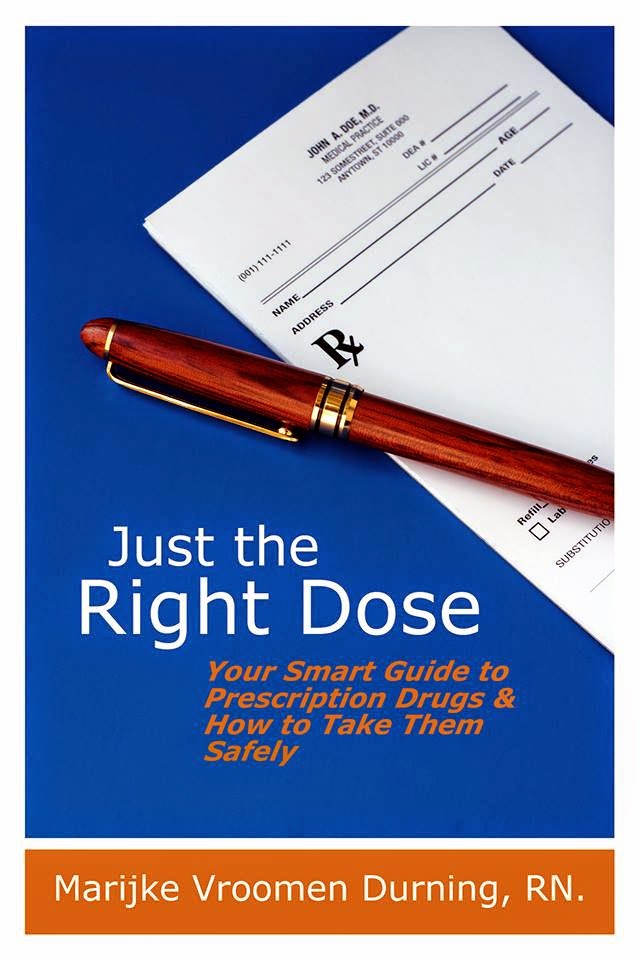It seems like an easy question - and it seems like an easy answer. But do you truly know how to call for help during an emergency?
1- Know where to call. Know your emergency numbers wherever you are in the world. Emergency numbers like 9-1-1 are for North America, for example, but there are areas that don't have 9-1-1.
So, where ever you are, be sure you know the emergency number.
2- Know where you are. If you're visiting a friend or babysitting for a relative, you may know exactly where the house is and the phone number, but do you know the street address and the nearest cross streets? You do need to know these.
Ok - that's what you need to know. Now, how do you call for help?
Dial the emergency number.
Speak *clearly* and slowly. State the nature of the emergency first so that the dispatcher can be ready to call the appropriate response team.
State how many people, so it could be something like, "one young child found at the bottom of a swimming pool" or "5 people in a car accident."
Be prepared to answer questions about the environment and what may have happened.
Give your own name.
DO NOT HANG UP until the operator tells you that it is ok to do so.
Now - you've done all that, but you're not finished. The emergency personnel have to be able to find you. If you're in a house, can someone wait outside to flag them down so they don't waste time looking at house numbers? If it's night time, is the outside light on?
If you're in an apartment building, did you specify your floor? If you're in a public building, have someone by the main entrance to guide the responders.
Does the home have pets, specifically dogs? Make sure the dog is locked up in another room. Even the most docile of pets can go off during an emergency with a lot of strange people.
If you're in a crowd, point to others and directly address them with cues for help: "You, in the blue shirt, go direct traffic on that corner; you with the blond hair and green shirt, go to the front door and wait for the responders," and so on.
I used to teach first aid and many of my students were afraid that they would not be able to remember what they learned. I would tell them that if all they remembered was HOW to call for help, they learned a lot.
Today at Help My Hurt:
Radio interview about CRPS/RSD
Migraine relievers you may not know about
10 causes of chronic pain in seniors
Today at Womb Within:
Protecting your back after baby is born
What do you know about folic acid?
Pregnancy exercise - and DVD give-away
News for Today:
Not enough new nurses to meet demand: report
Episiotomy raises tear risk in next delivery
The right moves may prevent injury
Stress of Dealing with Diabetes Linked to Depression
Health leaders aim to cut premature birth rate





No comments:
Post a Comment